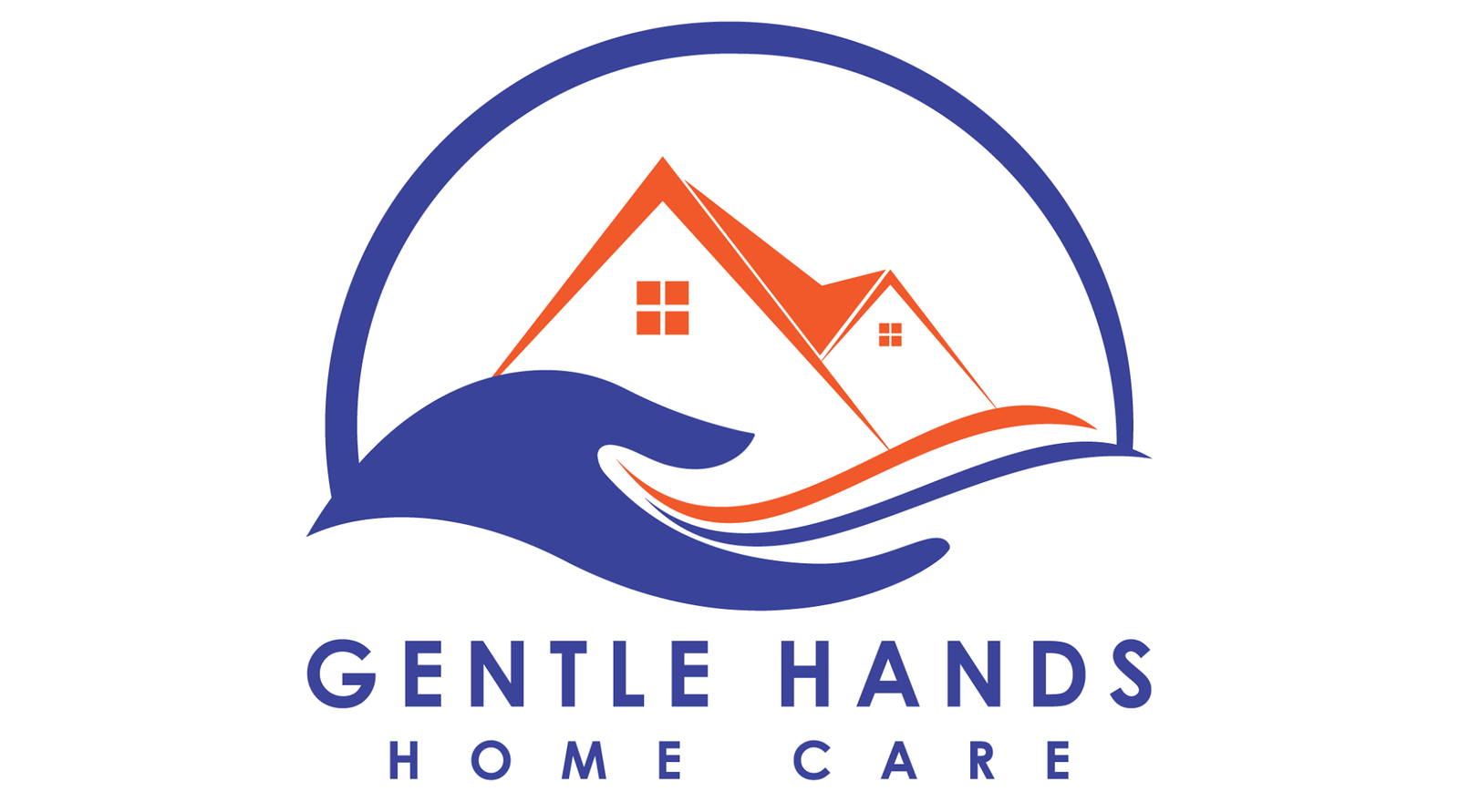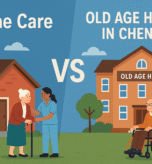In today’s digital age, technology has revolutionized many aspects of our lives, including healthcare. Home care is no exception. The integration of technology into home care services has significantly enhanced the quality of life for seniors and individuals with disabilities. By leveraging innovative tools and solutions, home care providers can deliver more efficient, effective, and personalized care.
Improving Communication and Safety
One of the primary benefits of technology in home care is improved communication and safety. Wearable devices, such as smartwatches and fitness trackers, can monitor vital signs, detect falls, and send alerts to caregivers in real time. This allows for immediate intervention and reduces the risk of accidents.
Moreover, telehealth technology enables remote consultations between patients and healthcare professionals. This is particularly beneficial for seniors who may have difficulty leaving their homes or for those living in remote areas. Through video conferencing and other digital tools, caregivers can assess patients’ conditions, provide medical advice, and monitor their progress remotely.
Enhancing Independence and Well-being
Technology can also help seniors maintain their independence and improve their overall well-being. Smart home devices, such as voice assistants and automated lighting systems, can make everyday tasks easier and more convenient. These devices can also help to prevent accidents and injuries by alerting caregivers to potential hazards.
Additionally, mobile apps and online platforms can provide seniors with access to a wealth of information and resources. They can use these tools to connect with loved ones, track their health, and access entertainment and educational content.
The Future of Home Care
As technology continues to advance, we can expect to see even more innovative solutions emerging in the field of home care. Artificial intelligence, machine learning, and virtual reality have the potential to revolutionize the way care is delivered.
For example, AI-powered chatbots can provide personalized support and information to patients and caregivers. Machine learning algorithms can analyze vast amounts of data to identify patterns and predict potential health risks. Virtual reality can be used to create immersive experiences that can help with pain management, cognitive stimulation, and emotional well-being.
Conclusion
The integration of technology into home care has the potential to significantly improve the quality of life for seniors and individuals with disabilities. By embracing these innovative solutions, we can ensure that our loved ones receive the care and support they need to thrive.
As technology continues to evolve, it is essential for home care providers to stay up-to-date on the latest advancements and to leverage these tools to enhance their services. By doing so, they can provide the highest quality of care and help to improve the lives of their clients.
Talk to us at +91 99621 36643, +91 93600 89343, and to know more, visit www.ghhc.in





